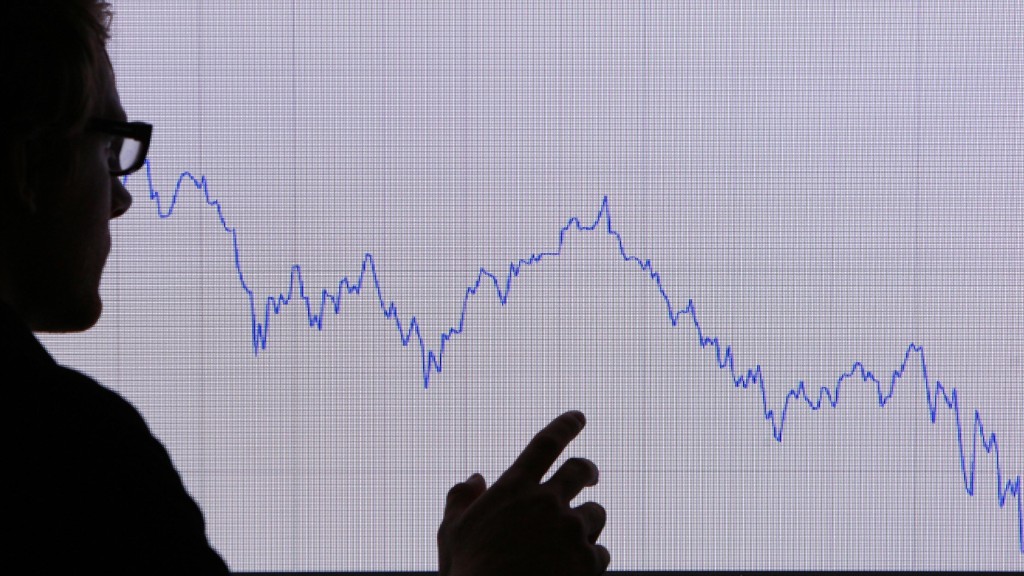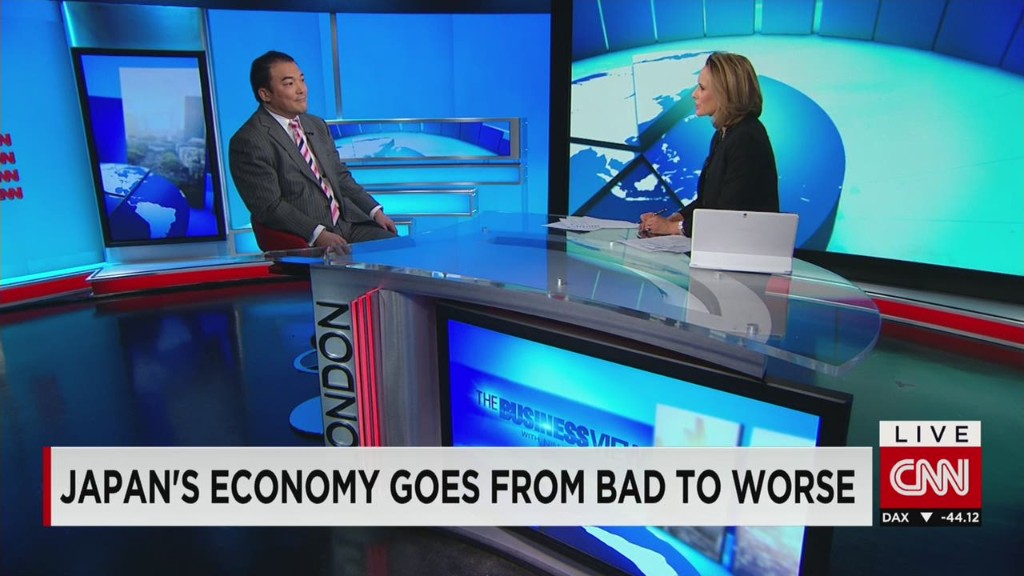
The world is a scary place that spooks investors, but they eventually calmed down Tuesday.
The Dow dropped roughly 220 points earlier in the day before recovering sharply. The blue chip index index finished the trading session down only 51 points.
The earlier drop had been the biggest decline for the blue chip index since mid-October, when stocks went on a wild ride. Concerns about the world economy coincided with the end of the Federal Reserve's stimulus program.
CNNMoney's Fear and Greed Index, which was in "greed" mode just a week ago, was giving a "fear" reading this morning. By the end of the day, it was back to "neutral."
Related: Battle Royale: Active vs passive investing
Here's what was driving the market.
Global fear: Ronald Reagan once called America "a shiny city on a hill." And for the most part, investors have echoed that sentiment. There's a sense that no matter how bad things get abroad, the U.S. economy is chugging along, so there's no need to worry.
While many investors still believe that's the case, there was some unease about what's happening abroad.
Word of early elections in Greece renewed anxieties about whether the country will honor the terms of its bailout program. Though concerns about the breakup of the Eurozone were largely put on the back burner, the developments in Greece seem to be reigniting fears about the region's sovereign debt crisis. European stocks tumbled on the news.
Then there's China. The Shanghai Composite has soared since June, but shed more than 5% Tuesday in what could be a sign that the party is winding down.

Oil: Falling oil prices are mostly a good thing. But someone gets the short end of the stick.
While low gas prices have largely been viewed favorably since consumers will have extra money in their pockets, traders had been blaming oil for the widespread loss of confidence in stock markets.
Crude oil is trading below $64 per barrel, a level not seen since 2009, and that is seriously hurting oil companies and igniting concerns about a squeeze on the booming American energy industry, which has been a big driver of the economy since the recession.
But investors seemed to get over even that. The energy stocks, which had taken a beating in recent weeks, were the best performing sector Tuesday.
Related: Big Oil hits the brakes on shale spending
Fedspeak: Reading the language of the Federal Reserve is something no investor can master. On Wednesday, the Wall Street Journal reported that the Federal Reserve may remove the words "considerable time" from the interest rate outlook in its next monetary policy statement.
Investors have been mostly betting that the first rate hike from the current near-zero level will occur in mid-2015 at the earliest. But many believe the absence of that phrase would be a signal the Fed will act sooner.
The Fed's interest rate strategy has been a huge driver of stocks, so any indication of an earlier-than-expected change could send the markets on a bumpy ride.
Still, many investors don't think that's a bad thing. The S&P 500 is still up over 10% this year, so a breather could be healthy and even create some buying opportunities.
"At the end of the day, the Fed may not drop it," wrote Michael Block, Chief Strategist at Rhino Trading Partners, in a morning note. "But the fear that they could is enough to generate this pullback."
CNNMoney's Alanna Petroff contributed to this report.


